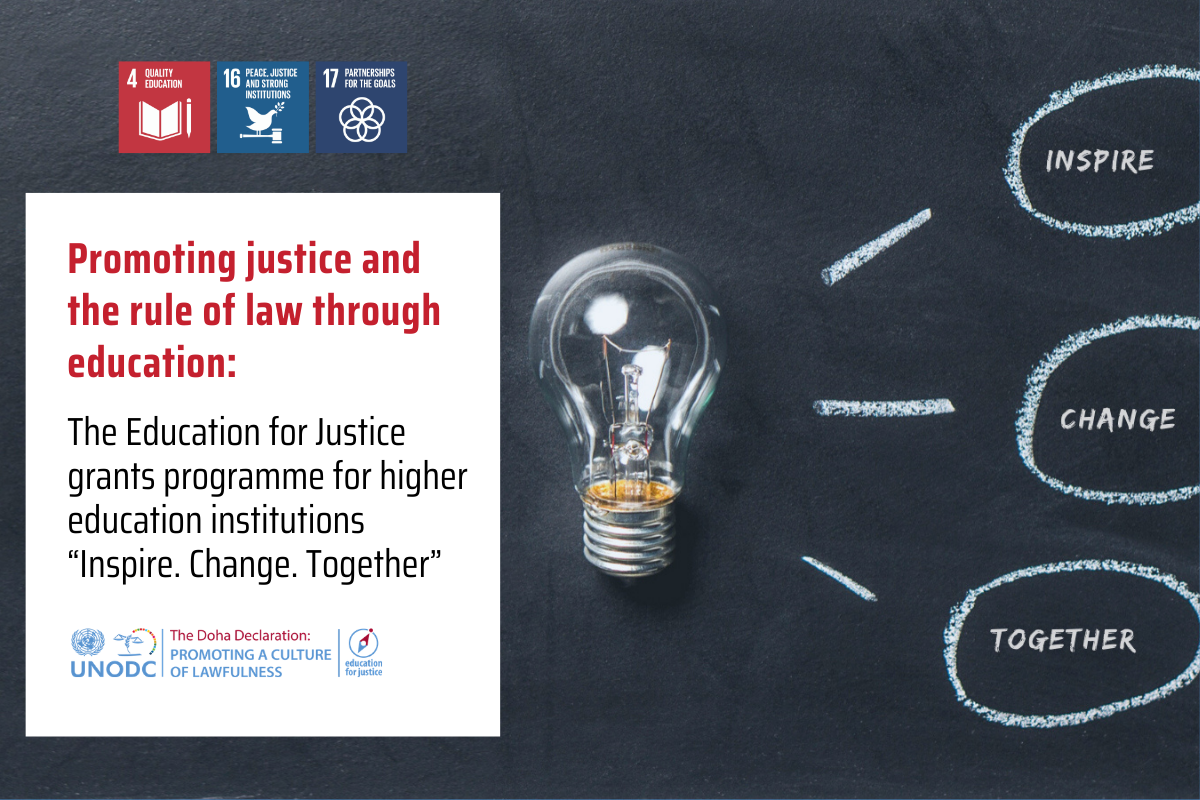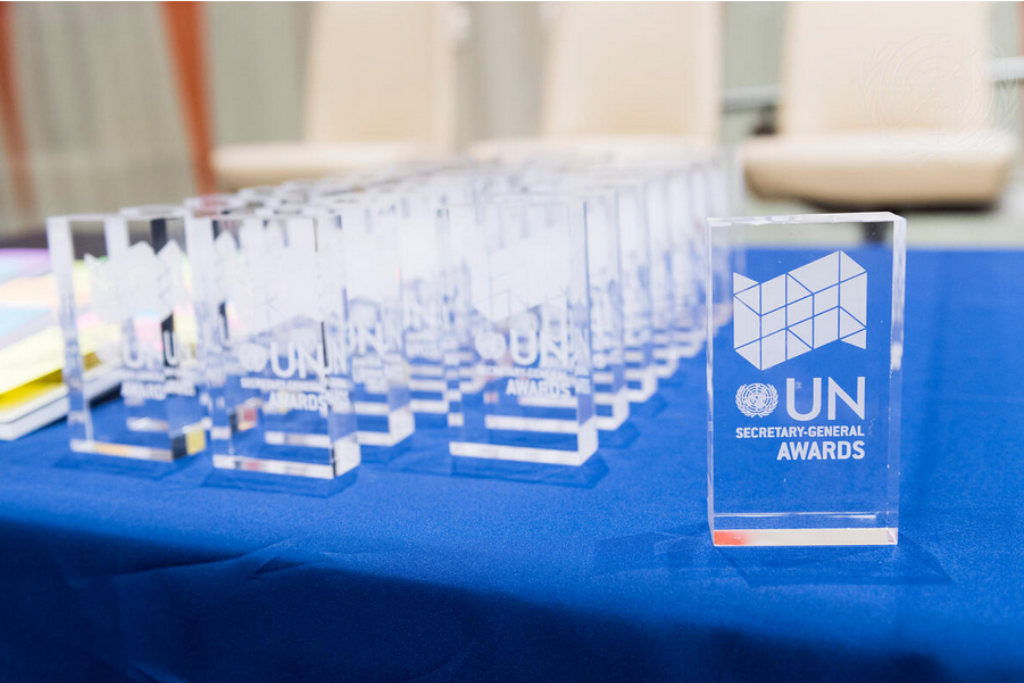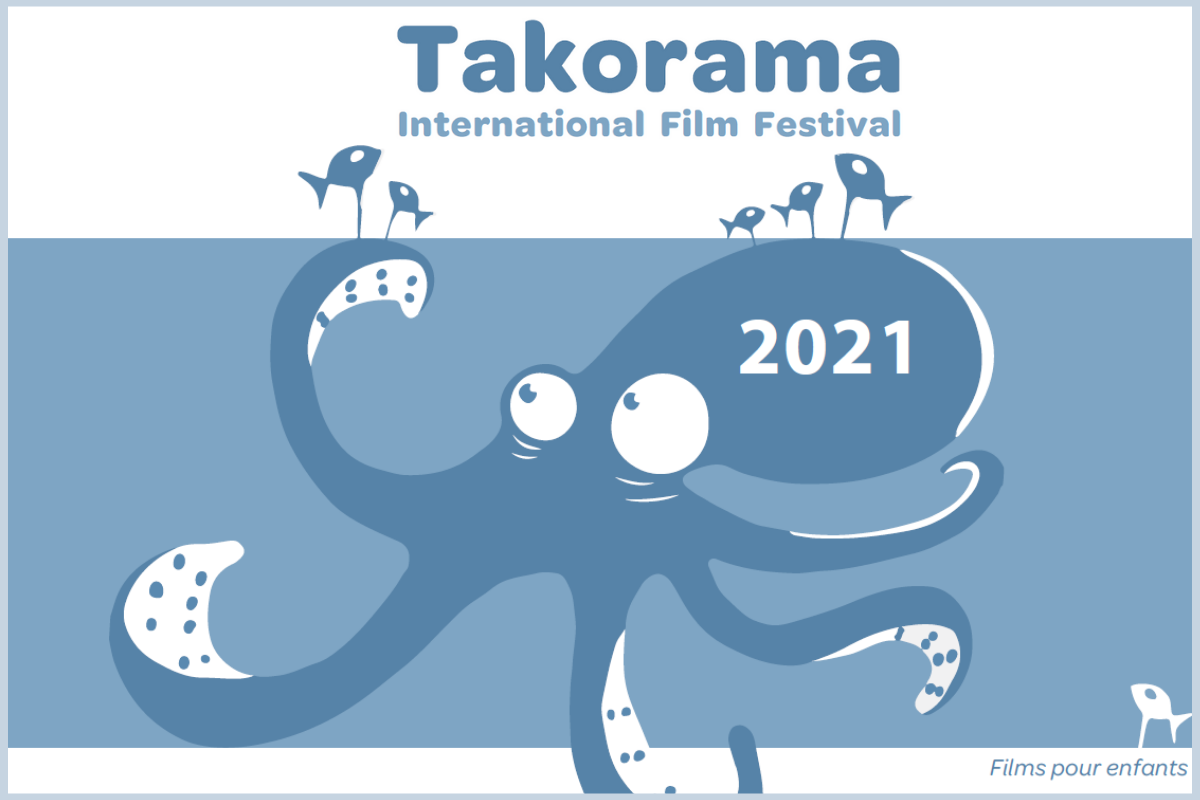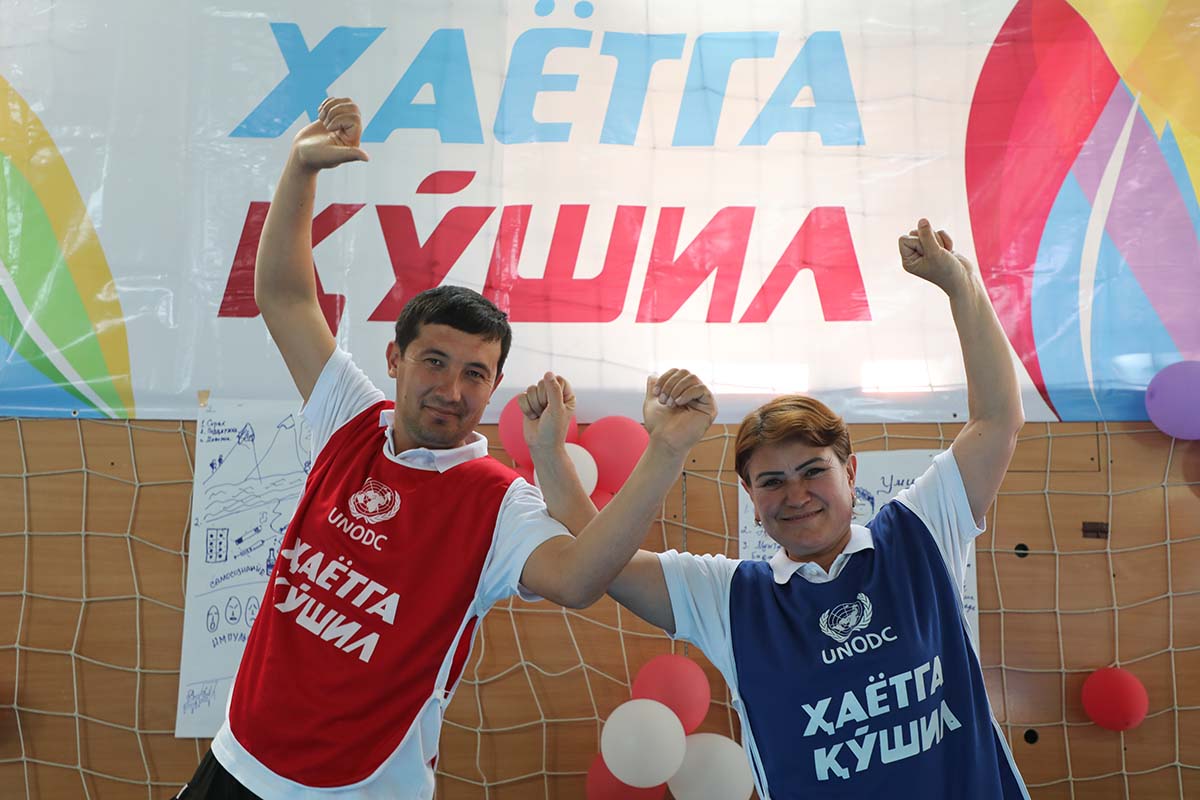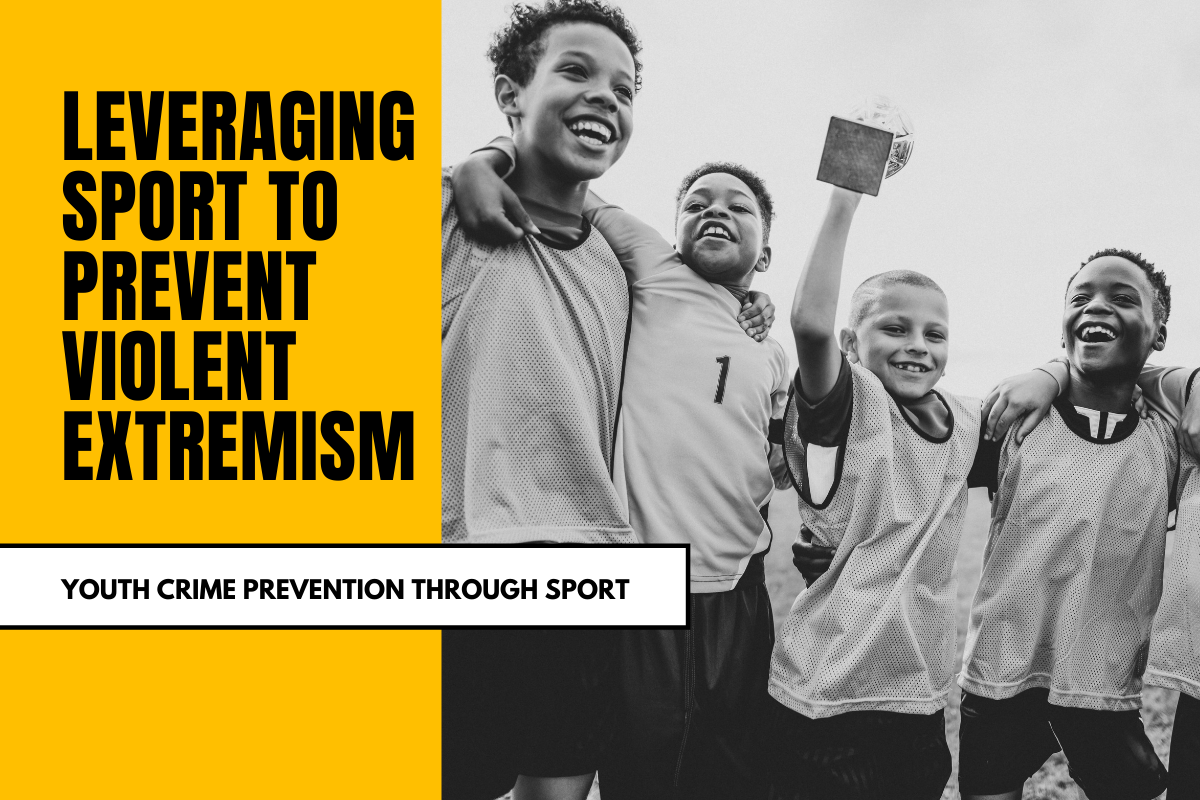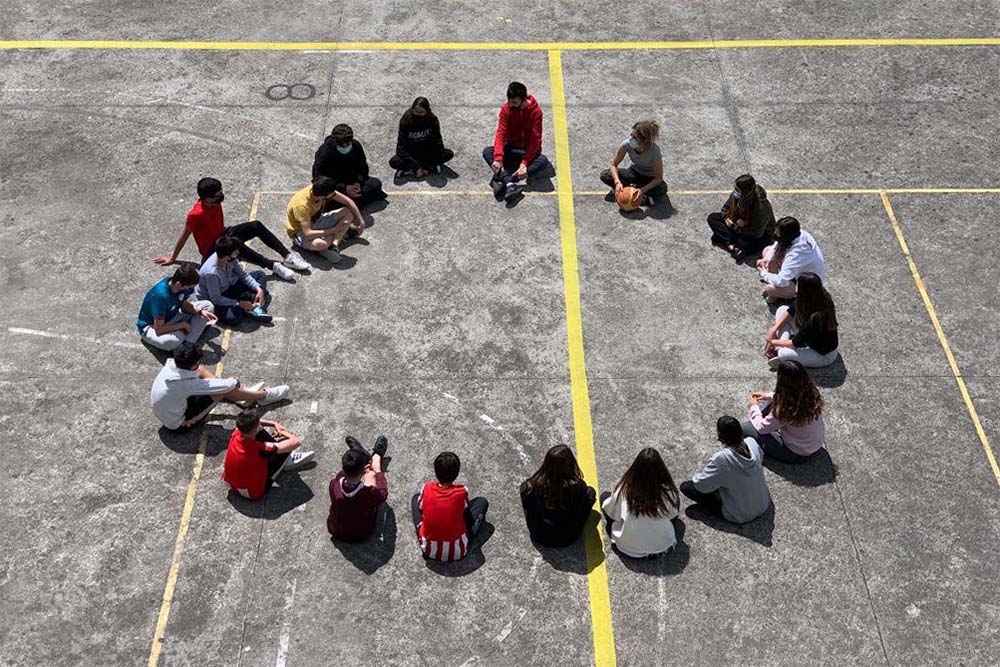Interview: The interrelation and reciprocal reinforcement between the Rule of Law and sustainable development
20 July 2018 - In the latest edition of the magazine Justice Trends, UNODC's Dimitri Vlassis - Chief of the organization's Corruption and Economic Crime Branch - provides his insights into the workings of the 13th UN Crime Congress held in Qatar in 2015, and the resultant Doha Declaration which emerged from this important gathering. In this wide-ranging interview, Mr. Vlassis discusses UNODC's Global Programme - the first time that such an implementation initiative has emerged from a Crime Congress to provide support to countries to put into practice the Doha Declaration's commitments. The original Justice Trends article can be accessed here.
JT: What is the Doha Declaration and how did it come about?
DV: Our Office organizes a Crime Prevention and Criminal Justice Congress every five years. The United Nations Crime Prevention and Criminal Justice Programme is one of the United Nations' oldest, going back almost to the establishment of the Organization. The commitment of the United Nations to organize this Congress stems from an obligation that the Organization assumed when it overtook the functions of the International Penal and Penitentiary Foundation.
The Congresses have been organized without interruption every five years since 1955 and the last Congress - which was the 13th - was held in Doha in 2015. Following the restructuring of our Programme in 1991-92, the General Assembly decided that there would be a single Declaration concluding each Congress. The process that leads to the Declaration goes through the preparation of documentation for the Congress, which includes a Discussion Guide, as well as the organization of four Regional Preparatory Meetings which take place about a year before the Congress, in various regions of the world: Asia Pacific, Western Asia, Latin America, and Africa. Those Regional Preparatory Meetings discuss the Congress's issues on the agenda; which is established by the General Assembly on the recommendation of the Commission on Crime Prevention and Criminal Justice. In more recent times there has been an effort to streamline that agenda and make it more coherent. In the last Congress in Doha it included four substantive agenda items and four workshops.
 The Congress in Doha was the first in which we successfully established a downstream and upstream flow between the substantive agenda items and the workshop topics, with the workshops being more technical in nature and the items of the agenda giving States the opportunity for their participation to be more policy-oriented.
The Congress in Doha was the first in which we successfully established a downstream and upstream flow between the substantive agenda items and the workshop topics, with the workshops being more technical in nature and the items of the agenda giving States the opportunity for their participation to be more policy-oriented.
The Congress also has a high-level segment which - again, for the first time in Doha - took place at the beginning of the Congress instead of at the end. The Declaration is compiled based on the recommendations of the Regional Preparatory Meetings, and the recommendations that are brought forward in the Congress's documentation, starting with the Discussion Guide. The Declaration is the product of negotiations among Member States in order to arrive at an agreed language.
For the first time, the negotiations towards the Doha Declaration were successfully completed before the Congress itself. This provided the opportunity for a very solemn adoption ceremony at the beginning of the high-level segment in the presence of the Secretary-General of the UN, the President of the General Assembly, the President of the Economic and Social Council, and the Emir of Qatar - in addition to the Prime Minister and Minister of Interior, who served as the President of the Congress.
The Declaration is a very broad document, covering a number of issues, but I think that if we were "to distil it" into one sentence, I would say that its strongest message is the recognition that the Rule of Law and sustainable development are interrelated and mutually reinforcing.
I think that such recognition was insightful. The Congress took place in April 2015, while the discussions and negotiations on the establishment of the 2030 Sustainable Development Agenda at the UN had begun but were still ongoing. The Doha Declaration essentially provided an added impetus to include this recognition in the final text of the 2030 Agenda, which is most particularly reflected in the inclusion of Goal 16.
JT: How do you comment on the Qatar Government's level of commitment to support and provide funds for concrete initiatives and actions towards the implementation of the Doha Declaration?
DV: I think Qatar's involvement was a show of foresight and leadership, particularly on the Prime Minister's and the Minister of Interior's parts. From the beginning of the Congress' preparations and in the discussions that I had with him and with his team, we shared the desire to see Doha as a point of departure and not as a point of arrival. It was that central idea that enabled us, after the Congress, to use the Declaration as a framework for the development of an implementation programme that would actually support countries around the world to put into practice the commitments that they had undertaken in the Doha Declaration. This was another first for the Congress because we had not had such concrete follow up actions, with robust financing, after previous Congresses.
JT: Among many other topics that the Declaration addresses, the global programme for its implementation focuses on the following four: Education for Justice, Judicial Integrity, Prisoner Rehabilitation and Crime Prevention through Sports. What is the state of progress of their implementation?
DV: We discussed the implementation programme with Qatar immediately after the Congress and, a few months later, we arrived at a common understanding as to what the priorities would be. That's how we have arrived at the four components, or pillars, for this programme: Education for Justice, Judicial Integrity, Prisoner Rehabilitation, and Crime Prevention through Sports. We started the implementation in mid-2016. So, in about two years' time the progress has been quite significant - I don't want to sound self-congratulatory by saying impressive, but it would not be far from the truth.
 Across all these four components, we have managed to provide capacity-building support to more than 5,000 stakeholders around the world coming from 160 countries; including policymakers, judges, prosecutors, prison staff, sports' coaches, teachers, and academics, as well as an ever-increasing number of children and youth.
Across all these four components, we have managed to provide capacity-building support to more than 5,000 stakeholders around the world coming from 160 countries; including policymakers, judges, prosecutors, prison staff, sports' coaches, teachers, and academics, as well as an ever-increasing number of children and youth.
We very recently launched the Global Judicial Integrity Network, under the Judicial Integrity component. This was a two-day conference that we held in Vienna and that gathered over 350 participants, including many Chief Justices and Heads of Courts from over one hundred countries. The Network is a platform of judges, for judges, and it is essentially designed to assist judiciaries in upholding the highest standards of integrity and independence, and in building public trust and confidence in judicial institutions. The integrity of institutions and trust in them, including those composing the criminal justice system, are key to the achievement of the 2030 Sustainable Development Agenda, particularly Goal 16, which is entirely new. Furthermore we have launched a dedicated website on the Judicial Integrity pillar, which features an online library of resources composed of over one thousand publications; as well as a restricted area in which judges have a secure environment to network, to exchange ideas, and to share resources.
We are also developing a judicial ethics training package which will consist of an interactive e-learning course, a students' manual and a trainers' manual to guide national trainers in the design and delivery of domestic training courses. In March 2018, we held the first training for Judicial Integrity trainers in Vienna, and seven countries have participated. We're working on developing Judicial Codes of Conduct in the establishment of a judicial ethics training programme, as well as the design and creation of financial disclosure systems within the judiciary system.
Under the Prison Rehabilitation component we assist States in breaking the reoffending cycle through effective rehabilitation and social reintegration. Our framework for this, our "normative compass", is the UN Standard Minimum Rules for the Treatment of Prisoners - the Nelson Mandela Rules. We developed a roadmap, and we are developing prison-based rehabilitation programmes which provide practical guidance for prison administrations, in order to assist them in developing high-quality and sustainable rehabilitation programmes that meet international standards. Another guiding tool that was published last year was the Handbook on Anti-Corruption Measures in Prisons.
 Now, under the E4J - the Education for Justice initiative - we are very close to completing the developmental phase in the various mandate areas of UNODC when it comes to tertiary education. Last week, we completed the validation of fourteen modules under the rubric of ethics and integrity. There are other modules on organised crime, on the trafficking of persons, the smuggling of migrants, the trafficking in firearms, on criminal justice in general, and so on. We are not only working on tertiary education, but also on secondary and primary education. Most recently, we concluded an agreement with UNESCO in order to benefit from its networks - it has a very specialised expertise and experience in the area of education, especially for younger individuals (primary and secondary education) - and we are complementing all of this with games and other teaching tools. We recently launched a set of comic characters called
The Zorbs; it consists of an animated series to help promote education in primary-level ethics.
Now, under the E4J - the Education for Justice initiative - we are very close to completing the developmental phase in the various mandate areas of UNODC when it comes to tertiary education. Last week, we completed the validation of fourteen modules under the rubric of ethics and integrity. There are other modules on organised crime, on the trafficking of persons, the smuggling of migrants, the trafficking in firearms, on criminal justice in general, and so on. We are not only working on tertiary education, but also on secondary and primary education. Most recently, we concluded an agreement with UNESCO in order to benefit from its networks - it has a very specialised expertise and experience in the area of education, especially for younger individuals (primary and secondary education) - and we are complementing all of this with games and other teaching tools. We recently launched a set of comic characters called
The Zorbs; it consists of an animated series to help promote education in primary-level ethics.
In the area of Crime Prevention through Sports, a number of training courses have been held around the world in various countries - including Brazil and South Africa - targeting more vulnerable youths, that is, youths that live in areas which face challenges in terms of high rates of crime, or where opportunities for young people are greatly reduced; whereas the temptations to engage in crime or unlawful behaviour are greater. Hence, we're using sports as a way of reaching out to them and trying to instil a set of values. This is going very well and there are a number of promotional materials that we have developed to support these efforts.
So, we have been making a lot of progress, we have a lot of work to do, and a lot of people are being reached in all components. And I'm very excited about this because the UN tends to be traditionally involved in more political or policy-development work which is really important - but here we have a programme that is actually reaching the average person on the street which is something that without resources would have been impossible.
JT: At a time when new forms of crime and terrorism are problems of increasing concern - especially in the need for capacity building, increasing training opportunities for criminal justice officials and altering legislation - what is the situation regarding the implementation of the statements agreed at Doha, in order to effectively prevent and counter such phenomena?
DV: Well, you have some quite important language in the Declaration regarding all of these areas: the emerging forms of crime, or crime that is re-emerging in different forms, and areas such as terrorism which is an ever-changing phenomenon around the world. And you have the trafficking in cultural property, wildlife crime, cyber-crime, etc.
First of all we're looking at ways of ensuring that the existing conventions are properly understood, not just regarding their provisions, but regarding how they can be used in order to tackle these forms of crime and to realise one of their most significant aspects, which is to strengthen the ability for countries to work together and to cooperate. And not just to cooperate in the formal sense of the word, nor in terms of the more traditional ways of cooperation - such as extradition and mutual legal assistance and so on - but also at an operational level, for example, in joint investigations. That is at the core of our mandate. By the way, the Conventions are doing very well, especially the UN Convention against Corruption, which also has given an added impetus and more strength with its peer reviewed mechanism.
As for terrorism, we have a programme that is promoting a better understanding of the universal instruments against terrorism and building on those - again, putting a premium on international cooperation and on the ability for institutions, in law enforcement and in the judiciary system, to deal with these very challenging forms of crime. In the area of wildlife, for example, we have a very robust programme and now we are also working to expand it by looking at the aspects of corruption that are associated with it.
But, again, if we go back to the programme that we are implementing under the Doha Declaration, a lot of the work that we do on education also relates to building resilience and the ability to "shield" - if you will - young people against being vulnerable to recruitment or to radicalization, which is fundamental for advancing positively and consistently against those phenomena.
